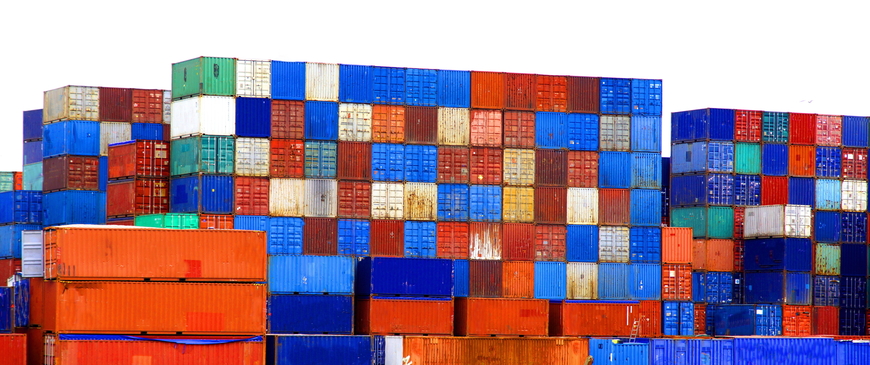
China’s industrial strategy on ‘collision course’ with top German export industries
Sander Tordoir, chief economist at the Centre for European Reform, however, told Euractiv the issue goes beyond cars, and it is increasingly threatening Europe’s top exporting economy.
“The two countries, and in particular [their] car and machine industries, are on a collision course,” he said, due in large part to “massive, industry-wide subsidisation” in China.
“China’s overproduction is quite staggering at this point,” said Tordoir, pointing to the country’s high industrial output in the face of persistently low domestic demand.
“The number of loss-making industrial firms in China is now at 180,000, which is at least three times as high as in any point in the last 25 years,” said Tordoir, arguing these companies would have been kept afloat by the Chinese government by propping up exports.
State funding would have particularly targeted “‘new quality productive forces” in recent months, said the analyst, in particular “the higher end of the [industrial] value chain” – such as cars, machines, chemicals, and computer chips.
This would mean that China’s industrial subsidies and overall industrial strategy have focused “precisely on the sectors where Germany tends to be strongest, both as a producer and as an exporter,” he pointed out.
...“Both China and Germany are economies that under-consume, to an extent, and that also drives some of the excess production,” said Tordoir.
By producing more than it consumes through comparably low wages and low public expenditure, Germany would have also “imposed costs on others”, the analyst argued, as this resulted in other countries running trade deficits “to soak up [German] production,” he said, pointing out that China has also pursued a similar strategy.
He added, “It becomes very hard to keep that German model afloat,” especially due to the aggravating factor that, in Germany, “there’s not the kind of massive industry-wide subsidisation that we have in China.”
According to the expert, “At some point, Germany has to make a big choice: [Is it going] to double-down on the ‘beggar thy neighbour’ model, or [is it] turning towards a more balanced economic model,” and in turn reduce some of Germany’s historic surplus, he asked.
